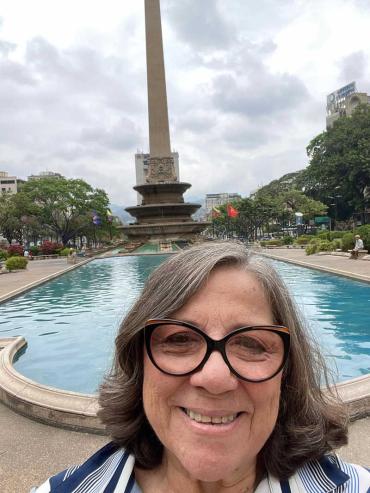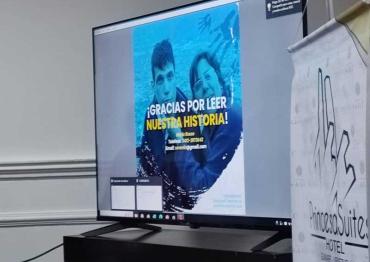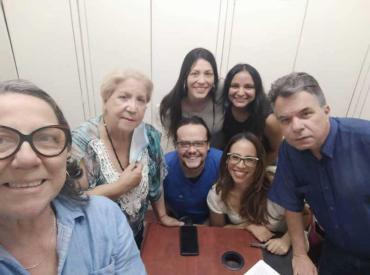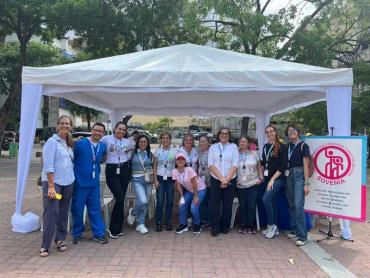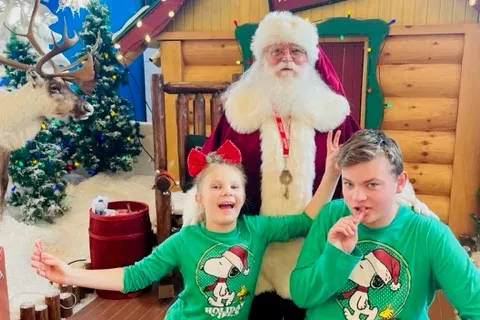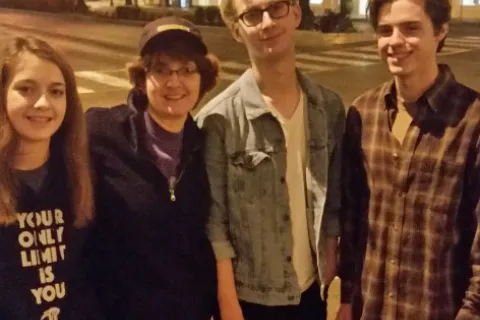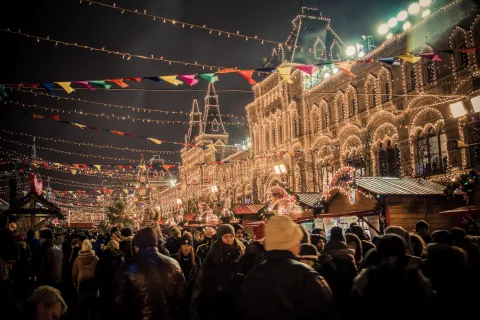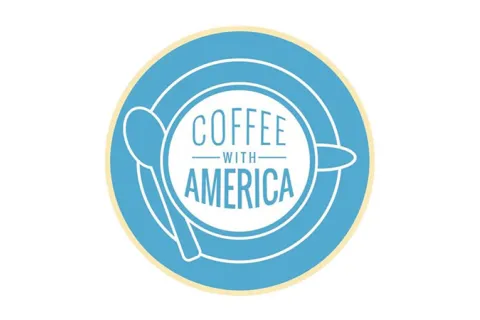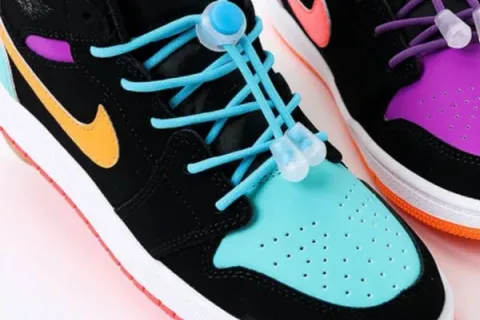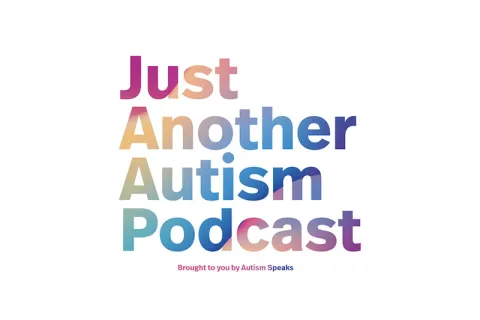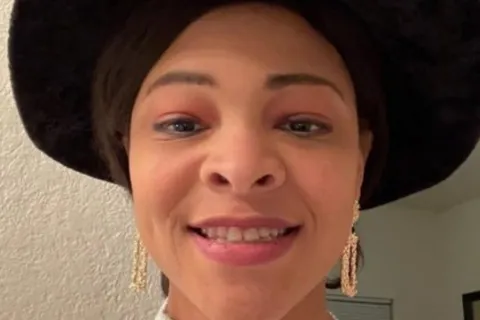Meet Maria
A life of advocacy for the autistic community in her home country of Venezuela
Maria
The primary motivation to advocate for the autism community in my country was my son.
When her son, Daniel, was three, Maria Russo found herself in constant worry about his future. With each day that passed, Maria noticed more delays in Daniel’s communication skills and even more struggles with challenging behaviors. But Maria wouldn’t allow the overwhelming feelings of hopelessness and fear of the unknown to stop her from finding answers for her son – no matter how daunting the journey.
In 1987, Maria’s search for answers eventually led her to the Venezuelan Society for Children and Adults with Autism (SOVENIA), the first organization of its kind in the country dedicated to improving the lives of people with autism. According to its website, SOVENIA was founded in 1979 and is a diagnostic center for children, adolescents, and adults with autism. It offers detection services with a biomedical and functional approach and emphasizes nutritional aspects to improve quality of life.
It was at SOVENIA where Daniel was diagnosed with autism and Maria’s journey as a lifelong autism advocate officially began. Shortly after his diagnosis, Maria joined SOVENIA as a volunteer, driven by a newfound purpose. With the support of Dr. Lilia Negron, Founder of SOVENIA, she dedicated herself to studying and researching autism, changing the lives of countless people along the way. For the next three decades, Maria would continue to work within the organization, holding several positions, including her current role as president.
Under Maria’s leadership, SOVENIA has become a crucial resource for families in Venezuela. The organization provides outreach and awareness, training, therapies, and research – something that was unimaginable when she joined the organization. Maria's journey mirrors the experience of many families worldwide who have found support through organizations like Autism Speaks, which offers a wealth of resources, including information on early intervention services, lifechanging resources and toolkits, groundbreaking research and critical advocacy efforts.
Learn more about Maria, her son Daniel, and their inspirational story of advocacy work within the autism community in this Q&A:
What motivated you to advocate for the autism community in your country?
The primary motivation to advocate for the autism community in my country was my son Daniel, with whom I arrived at SOVENIA when he was three years old and with many questions about his future. My journey served to accompany many other families who started after me. Step by step, I became a volunteer in spreading information about what autism is; walking the streets with my son also served incidentally to raise awareness and let others know that autism existed and that our children are citizens, just like everyone else. Because I was a translator, the founder of SOVENIA (Dr. Negron) put a world of knowledge in my hands, which I helped translate to reach interested people, whether they were parents or professionals working with our children.
What are some of the challenges faced by families who have loved ones with autism in Venezuela?
There are many challenges Venezuelan families face, and we have several situations. First, salaries in Venezuela are meager for most people, and consequently, many families who have loved ones with autism are left without access to health and educational services.
Second, only some organizations at the public level exist to attend to families. The private ones that exist emerged in times when the incidence of autism was not as high as it is now, so on the one hand, we are not enough, and on the other hand, the families can’t afford what our private institutions ask for to cover the services. The issue of fundraising to be able to help is not within the reach of all the organizations.
Third, insufficient specialists are trained at the educational and psychoeducational levels. There are also not enough doctors who know about autism since they are just taking steps in some universities with specializations dictated by the few that there are in the country.
Another problem I must mention is the inclusion of people with autism in educational institutions. Schools argue that they are not prepared to receive autistic students. In most cases, they refuse to admit them in the academic centers or limit the number of people on the spectrum they can receive in their classrooms since they do not have personnel prepared to attend them due to the more significant amount of attention they require. In some cases, they limit the time they can stay in the schools or demand the accompaniment of a tutor daily with the child.
We call this series, “Community Supporter.” What does it mean to you to be an ally or support of the autism community?
Being willing to attend and listen to anyone who approaches us to express a concern or need regarding their family member with autism or the person with autism directly. Looking for ways to help and create alliances with others who can help. This is only sometimes possible in the country due to the lack of economic resources and sensitized professional specialists. It is also to go where it can be helpful to disseminate information and provide support to other communities of parents of autistic people in the country.
We’d love to collaborate with Autism Speaks within our areas of competence. This consists of disseminating what the organization considers can help and benefit our community with the excellent materials they have adapted to our reality.
What advice would you give to people who want to be an ally of the autism community?
To have an open mind and heart to understand realities that we may not understand, that being different is not being out of this world, but that we are part of it, and that our kids need as much understanding and acceptance as possible, and that we are willing to help and not judge parents and families who live with a person with autism.
Learn more about SOVENIA.

